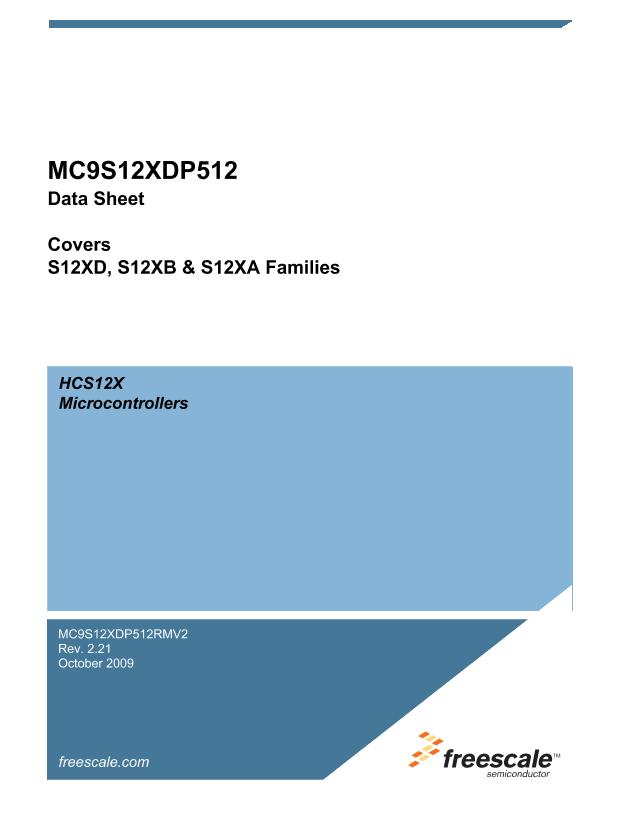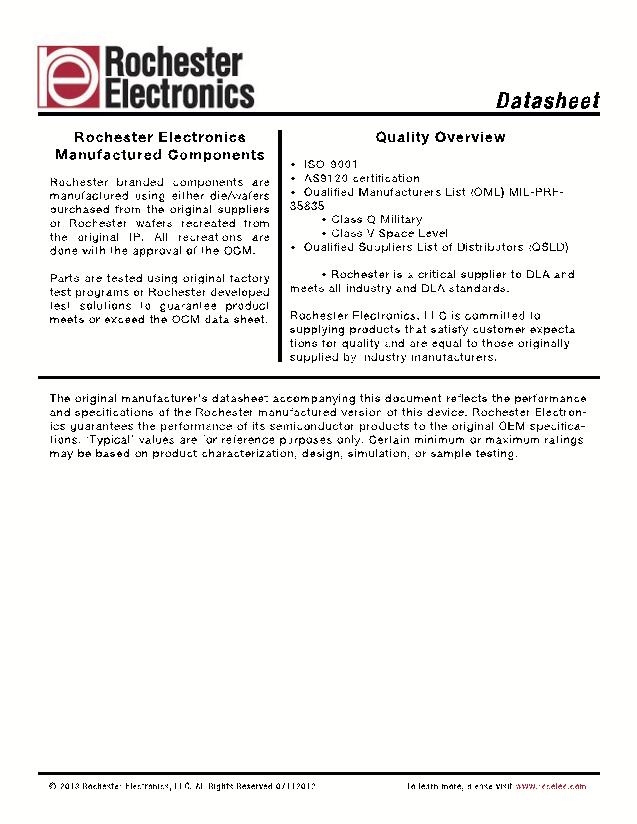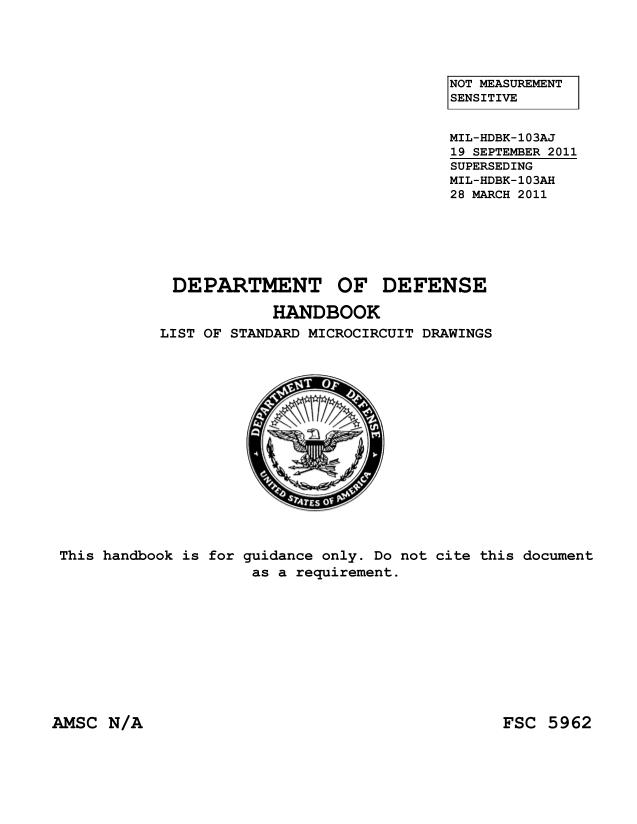
P0300SD
| Model | P0300SD |
| Description | solid state crowbar devices |
| PDF file | Total 212 pages (File size: 2M) |
| Chip Manufacturer | TECCOR |

ITU-T K.20 and K.21
ITU-T K.20 and K.21
Although the International Telecommunication Union (ITU) does not have the authority to
legislate that organizations follow their recommendations, their standards are recognized
throughout Europe and the Far East.
ITU-T, the Telecommunication Standardization Sector of the ITU, developed fundamental
testing methods that cover various environmental conditions to help predict the survivability
of network and customer-based switching equipment. The testing methods cover the
following conditions:
• Surges due to lightning strikes on or near twisted pair and plant equipment (excluding a
direct strike)
• Short-term induction of AC voltage from adjacent power lines or railway systems
• Direct contact between telecommunication lines and power lines (often referred to as
AC power cross)
Two ITU-T standards apply for most telecommunications equipment connected to the
network:
• ITU-T K.20
• ITU-T K.21
ITU-T K.20 is primarily for switching equipment powered by the central office; however, for
complex subscriber equipment, test administrators may choose either K.20 or K.21,
depending on which is deemed most appropriate.
Note: Both standards are intended to address equipment reliability versus equipment
safety. For specific concerns regarding equipment safety, research and follow
national standards for each country in which the equipment is intended for use.
K.21 covers telecommunication equipment installed in customer premises. Equipment
submitted under these requirements must meet one of two levels: basic or enhanced.
Guidelines for determining under which level the equipment under test (EUT) falls can be
found in ITU-T K.11, but note that the final authority rests with the test administrator.
ITU-T K.44 describes the test conditions used in K.20 and K.21.
ITU-T defines the following acceptance criteria:
•
Criterion A
states that equipment shall withstand the test without damage and shall
operate properly after the test. It is not required to operate correctly during the test.
•
Criterion B
states that a fire hazard shall not occur as a result of the tests. Any damage
shall be confined to a small part of the equipment.
Table 4.10 shows the lightning surge test conditions for ITU K.20. Figure 4.3 shows the
connection schematic for the lightning surge tests. Table 4.11 shows the power cross test
conditions for ITU K.20. Figure 4.4 shows the connection schematic for the power cross
tests. Table 4.12 and Table 4.13 show the same test conditions respectively for ITU K.21.
http://www.teccor.com
+1 972-580-7777
4 - 10
SIDACtor
®
© 2002 Teccor Electronics
Data Book and Design Guide


























































































































































































































